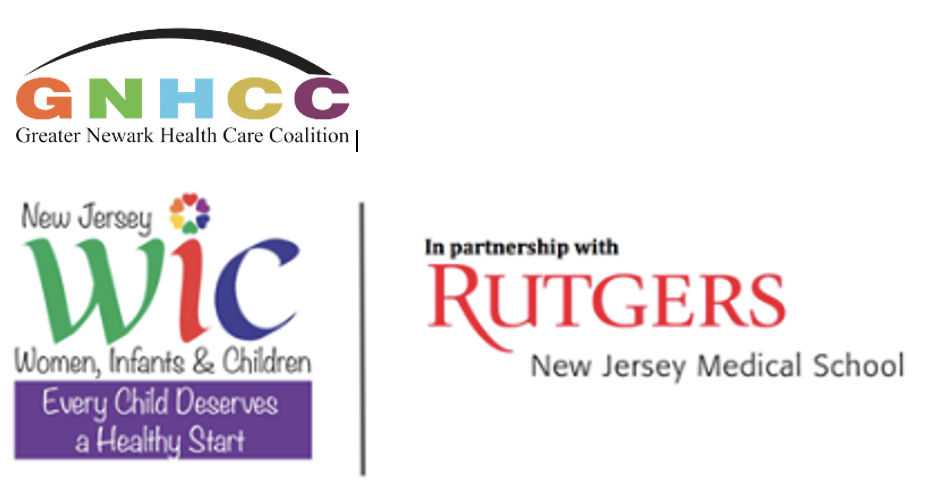
Rutgers New Jersey Medical School’s WIC Program Receives $597,638 Grant to Reach More Families Through Innovative WIC Outreach Efforts
Rutgers New Jersey Medical School’s (NJMS) WIC Program has been awarded a $597,638 grant to implement a WIC Community Innovation and Outreach Project (WIC CIAO). WIC CIAO is supported by the U.S. Department of Agriculture (USDA) Food and Nutrition Service and aims to support efforts to develop, implement, and evaluate innovative outreach strategies to increase awareness, participation, and benefit redemption in the Special Supplemental Nutrition Program for Women, Infants, and Children (WIC), as well as reduce disparities in program delivery.
“Too many women and children in New Jersey are missing out on the nutrition they need in order to thrive. We are proud to be a part of this critical initiative and to identify new ways of connecting people to WIC,” said Susan Stephenson-Martin, director of Rutgers NJMS WIC Program.
The Rutgers New Jersey Medical School (NJMS) WIC agency’s project has three goals:
- Increase WIC awareness and enrollment among the underserved Portuguese families and immigrant families in the Northern part of Newark, New Jersey (Ironbound district)
- Increase enrollment/retention of participants by collaborating with Greater Newark Health Care Coalition (GNHCC) to strengthen point of service agencies/community-based organizations’ knowledge of WIC and ability to assist clients with WIC navigation
- Increase redemption of WIC benefits by surveying and educating existing WIC participants and vendors
In New Jersey’s Essex County, WIC provides healthy food, nutrition education, breastfeeding counseling, and community support for income eligible women who are pregnant or have infants or children up to five years old.
In 2020, only 50 percent of all eligible individuals nationwide participated in WIC, equating to a shortfall of almost 6 million individuals. The WIC CIAO Project aims to change that by expanding partnerships with community organizations and using community-level data to develop and implement innovative WIC outreach efforts.
Reaching more families with WIC will have positive impacts on the community. WIC has provided benefits, which include safer pregnancies, with fewer premature births and infant deaths, improved dietary outcomes for infants and children, better maternal health, and enhanced performance at school for children, among other benefits. In addition to health benefits, WIC participants showed significant savings in health care costs when compared to non-participants.
In total, there are 36 WIC CIAO awardees made up of WIC state and local agencies, including tribal nations, and nonprofit entities and organizations.
WIC CIAO is administered through a USDA cooperative agreement with the Food Research & Action Center, in partnership with the Gretchen Swanson Center for Nutrition, the Native American Agriculture Fund, and Unidos US. WIC CIAO is a part of USDA’s Food and Nutrition Service broader initiative to modernize WIC.

